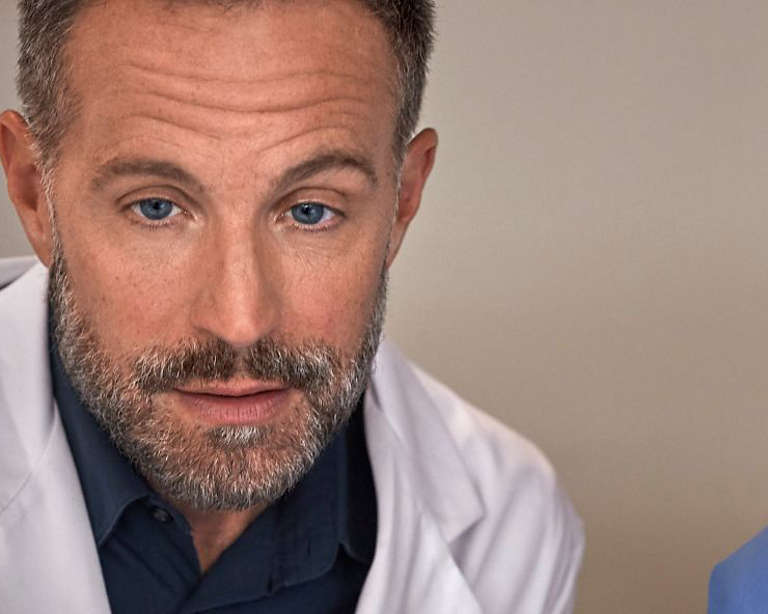Healthcare informatics
Philips Healthcare Informatics solutions provide efficient workflows and clinical insights to help you deliver better care for more people. From cloud-based imaging with advanced visualization capabilities to virtual care solutions and an integrated medical record platform, our vendor-neutral offerings establish an operational and clinical foundation for efficient and effective patient care. Across care settings and around the world, we help you improve clinical workflows, simplify collaborations, ensure data security and interoperability, boost resource utilization and ease staff burden. See featured products, innovations and inspiration below.
Accelerate the path from images to answers
Meet our solutions that deliver precision fast: tools that streamline workflows and accelerate image acquisition, reading, and reporting times - empowering confident diagnosis with advanced image analysis and AI. Because the faster you can review and interpret imaging exams with confidence, the sooner you can reach a precise diagnosis. Accelerating the path from images to answers saves time to focus on what matters most: providing timely, high-quality care for every patient.

Our capabilities in Healthcare informatics
Innovations and technologies
1/3



Portfolio highlights
Customer stories
1/2


Disclaimer
Results are specific to the institution where they were obtained and may not reflect the results achievable at other institutions. Results in other cases may vary.







